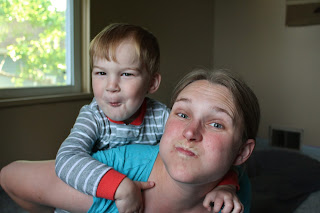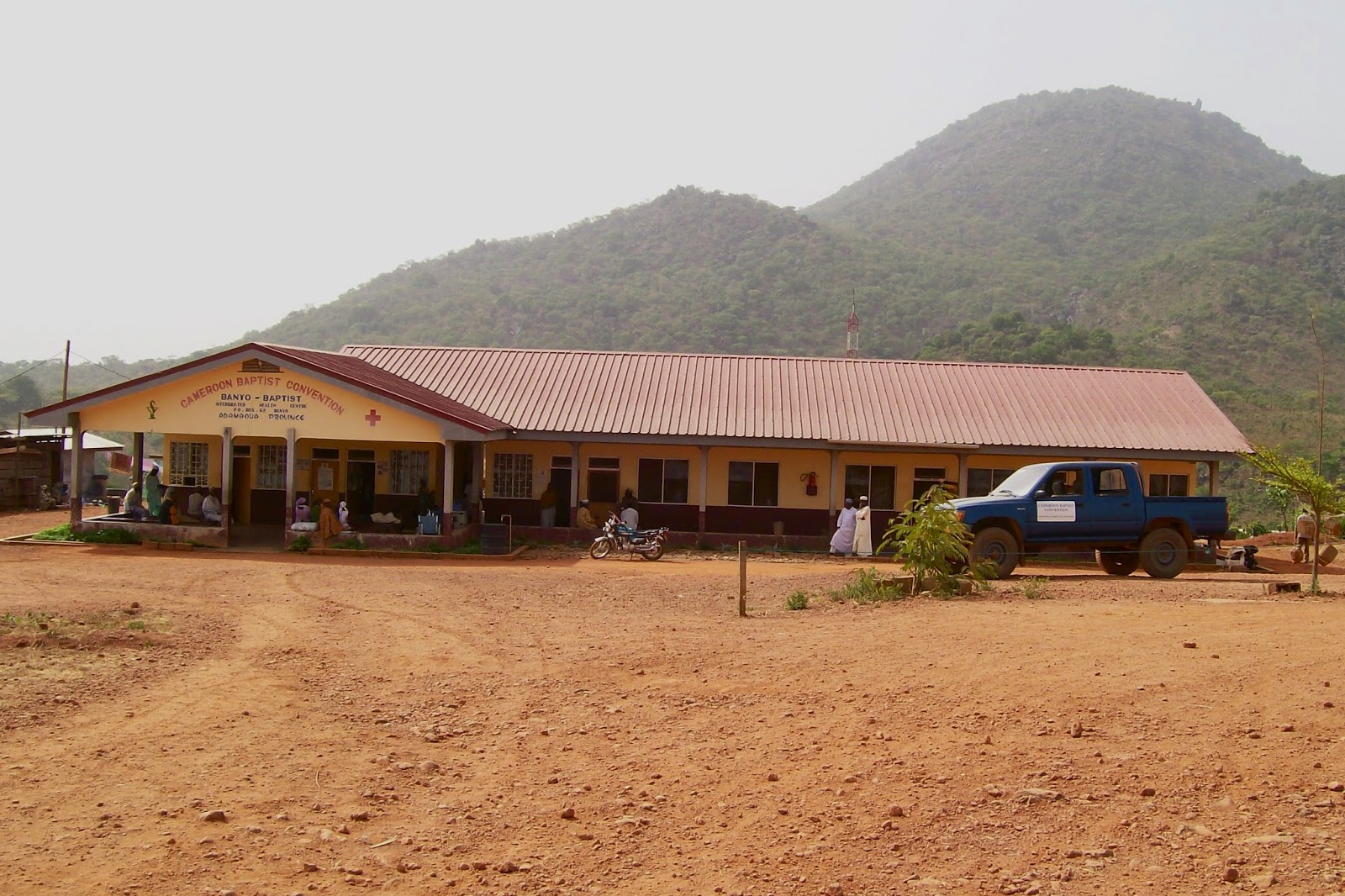The most momentous point in history was a time of great joy and great sorrow - a great paradox, as most of life tends to be.
An angel told Mary she had found favor with God and would give birth to a son, and "He will be great and will be called the Son of the Most High" (Luke 1:31-32). But being favored by God doesn't mean being favored by people, and her "disgrace" nearly made Joseph divorce her till an angel intervened (Matthew 1:18-25) and it most certainly ostracized her from her own community.
The Savior of the world came as an infant, small and weak and dependent. But that baby became a child, and "the child grew and became strong; he was filled with wisdom, and the grace of God was upon him" (Luke 2:40), and that child would eventually "save His people from their sins" (Matthew 1:21).
The shepherds witnessed a heavenly host of angels who sang, "Glory to God in the highest, and on earth peace to men on whom his favor rests" (Luke 2:13-14). But tidings of peace did not last long in Bethlehem, as Herod "gave orders to kill all the boys in Bethlehem and its vicinity who were two years old and under" which led to "weeping and great mourning, Rachel weeping for her children and refusing to be comforted because they are no more" (Matthew 2:16-18).
Mary, the mother of Jesus, had a front-row seat to all of these paradoxes. She was a woman in favor at the same time she was a woman in dishonor. She placed her newborn in a manger at the same time she knew the Lord would give Him the throne of His father David. She rejoiced in the coming of her son at the same time her neighbors wept over the loss of their sons because He came.
So much joy, so much sorrow, so much paradox. No wonder "Mary treasured up all these things and pondered them in her heart" (Luke 2:19).
I can scarcely imagine how much Mary had to absorb and process within the span of a few years. That's a lot to take in, a lot to treasure and ponder. This year, the way I've attempted to reflect on the Christmas story is to ponder the heart of the mother of Jesus from my own mother's perspective. Our son Asa is still an infant and he is small (relatively), and utterly dependent on us. His head bobbles, his mouth drools and his hands are barely able to grasp onto things. And he is marvelous in our eyes. It is incredible to consider that this is how our Savior came. The Wonderful Counselor drank his mother's milk, the Mighty God couldn't hold his own head up, the Everlasting Father drooled down his shirt, and the Prince of Peace didn't sleep through the night. But oh, what good news! The answer to the plight of the world came in the form of a helpless babe, and an angel declared this to be good news that would bring great joy to the world.
As our son continues to tug our hearts everyday, we can testify that if ever there was a sign of hope for the world, it is in the beauty and innocence of a newborn, and if ever there was a proclamation of joy, it is in the smile of a baby. I am treasuring and pondering this as I'm sure Mary did when her son Jesus was born. This is what Immanuel looks like, to have God with us:
And so I sing with Mary,
"My soul glorifies the Lord and my spirit rejoices in God my Savior."
(Luke 1:46-47)
(Luke 1:46-47)




























